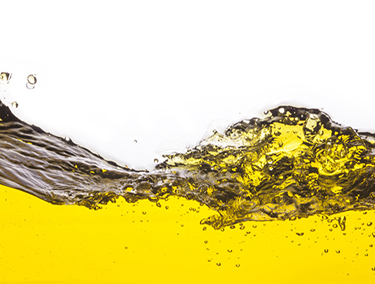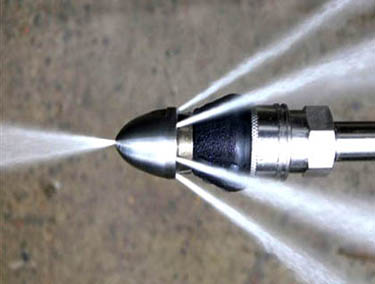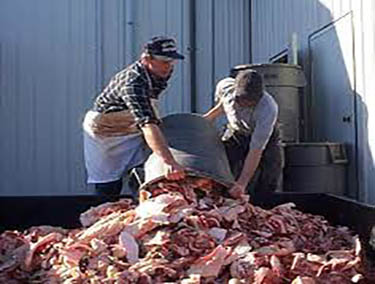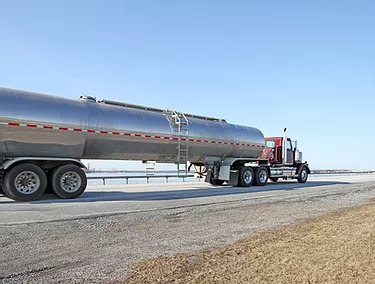What is FOG?
Fats, Oils and Grease are also known as FOG which comes from food such as cooking oil, lard, shortening, meat fats, sauces, gravy, mayonnaise, butter, ice cream and soups. Sink, dishwasher, hood and floor cleaning wastewaters and food scraps may also be sources of FOG. FOG can either be liquid or solid and may turn viscous or solid as it cools in the underground sewer.
FOG can pollute the environment!
When not disposed of properly, FOG can cause blockages in the sanitary sewer which can result in sewer backups inside a restaurant or spew wastewater from sewer manholes onto private property and the streets. Leaking and overfilled outdoor grease bins can contaminate storm water with FOG. These backups, leaks and overflows then pollute our oceans.
Our FOG Recycling Process
LEND Environmental is committed to inspiring global transformation by promoting healthy growth & sustainability within our community by partnering with local restaurants, hotels, schools, hospitals, casinos, and other industrial kitchens to refine used cooking oil and supply this to biodiesel producers.
We begin our process by screening incoming material to remove contaminants and then heating the oil to remove fine particles. We then transfer the oil to our heated settling tanks where the water and emulsion are separated. Oils and any remaining solids from the emulsion go to a centrifuge, where the oils are separated out. Nearly 100% of the Used Cooking Oil collected and recycled by LEND Environmental is sold as a feedstock for bio-diesel and renewable diesel production.
Restaurant Grease Recycling Service
Restaurants are now doing their part when it comes to recycling waste cooking grease to make it a better tomorrow. We are pleased to let you know that all waste cooking grease are refined and recycled into new re usable energy. A large percentage of the advantages of reusing include:
-
Used cooking oil can be refined into various sorts of biofuels utilized for heating, generating power, warming, and transportation.
-
The most noteworthy advantage of this procedure is that biofuels that are got from recycling cooking oil normally burn clean, and have a low carbon content. That is they don’t deliver carbon monoxide. This helps companies or organizations to lessen the carbon content in the environment.
-
The reusing of cooking oil likewise gives a type of income to restaurants, which are in some cases remunerated by cooking oil recyclers for their utilized deep fryer oil.
-
Cooking oil reusing likewise brings about less utilized oil being discarded as a part of channels, which can stop up sewage lines because of the development of fats which are being gathered there.
-
Cooking oil recycling also prompts the making of job or employment opportunities.
Track the performance of your grease trap/grease interceptor!
Keep a record of the cleanout dates, the depths of the floating FOG layer and settled solids in the grease tank, and approximate volume removed







